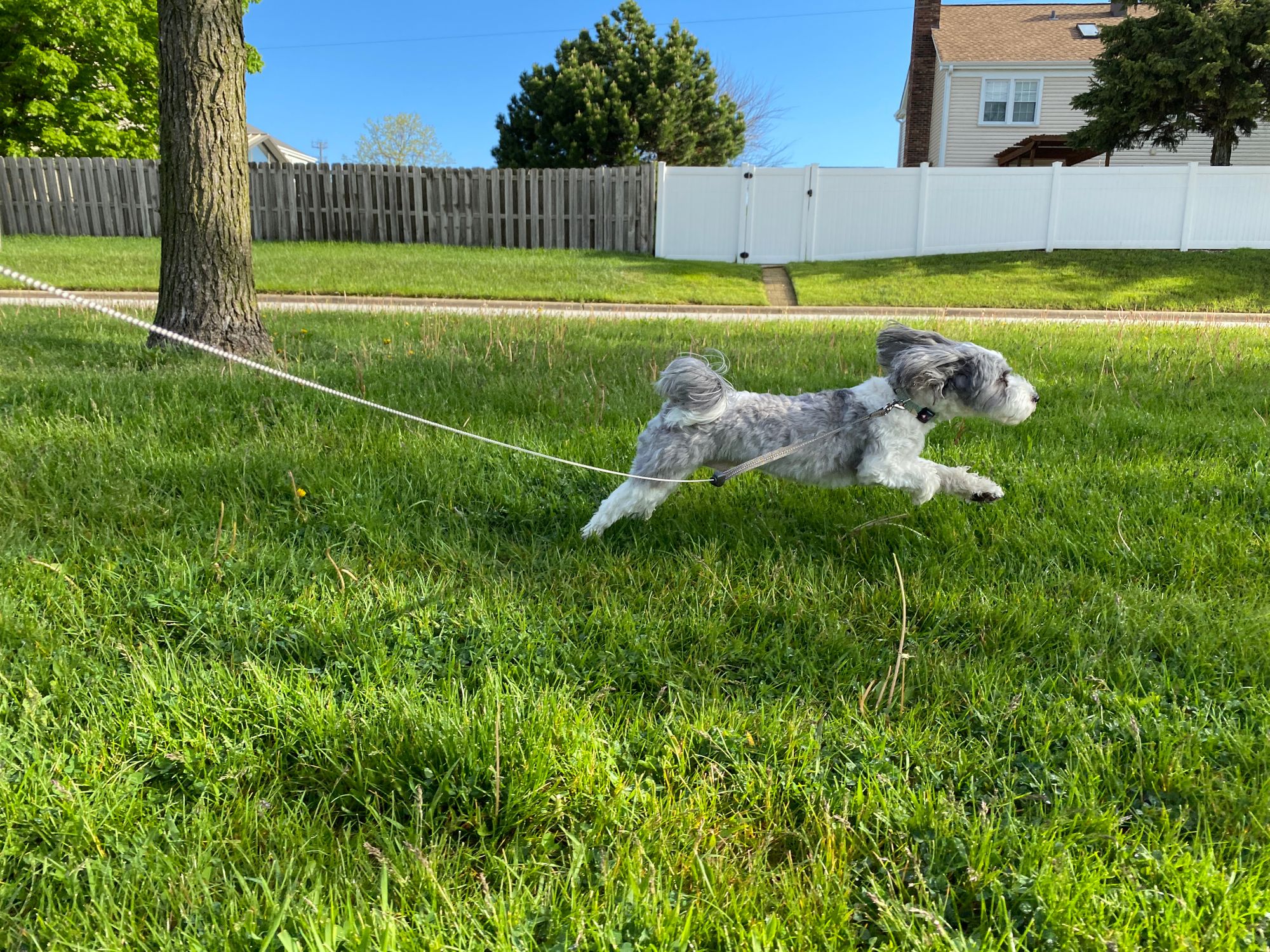What Makes a Good Camera?
I posted this yesterday as an example of why I love, love, love having a “real camera” back in my life.
This side-by-side really made me feel good about this new camera. Right is iPhone, which looks good, but the Sony (left) was just able to get such a better shot. pic.twitter.com/H6oqmT2SdW
— Matt Birchler (@mattbirchler) May 31, 2020
I didn’t get many responses, but I did get some people saying they thought the iPhone picture was better. Why? They liked the detail and the fact that the highlights were not blown out. These are fair, but they didn’t change my mind at all because of a few things.
- This photo showed me an example of the Sony camera doing something the iPhone simply couldn’t do. The bokeh in particular was really nice, but I could have also changed the aperture and gotten a deeper depth of focus to look more like the iPhone.
- The iPhone photo was definitely sharper, but that’s also due to the shallower depth of field I used on the Sony shot. The Sony pic was taken at f/1.8, which meant the focus are was a few millimeters. The wording “New Belgium” is out of focus because it’s not the spot I chose to focus on. Again, a more closed aperture would have had more elements in pin sharp focus.
- And maybe most importantly, the Sony photo was edited in Lightroom before posting it. The blown highlights were a stylistic choice, not something out of the camera. Here’s the RAW version of that photo, highlights and shadows intact.

As I wrote in October of last year, I am not particularly interested in doing "straight out of the camera" comparisons because that's not how I actually share photos. Especially when comparing smartphones to RAW images, since RAW images are inherently bland. You are expected to do things with them.
I just think that the world of camera comparisons has made us get to a place where we judge picture quality based on whether highlights are blown out, shadows are crushed, or clarity is as sharp as can be. For the average photo, these are great qualities, but they are not what you want in every single photo.
But here’s the other thing: I think the iPhone has a better camera for most people than the Sony RX100. The beauty of the iPhone camera is that you can open the app, point at something, and snap a photo without thinking. 95% of the time it’s going to get the focus, exposure, and everything else basically perfect. You don’t have to think about it and it works some magic to get you want you want.
Take a look at this photo:

This was taken while I was literally running down the sidewalk with my phone pointed in Sherman’s general direction and with me randomly snapping the shutter button. Given those conditions, this photo is remarkable!
This simplicity and flexibility is absolutely the right thing for the iPhone, as most people using iPhones are not professional photographers. But for people like me who want to have more flexibility in our shots, want more options in editing, and who want to have a higher limit on the quality of picture we can take, a dedicated camera can serve us very well.
Discussion